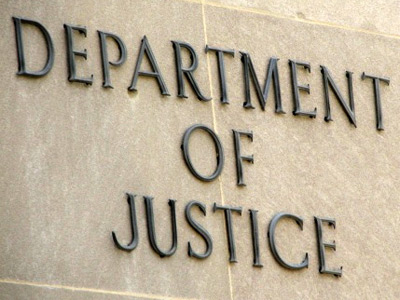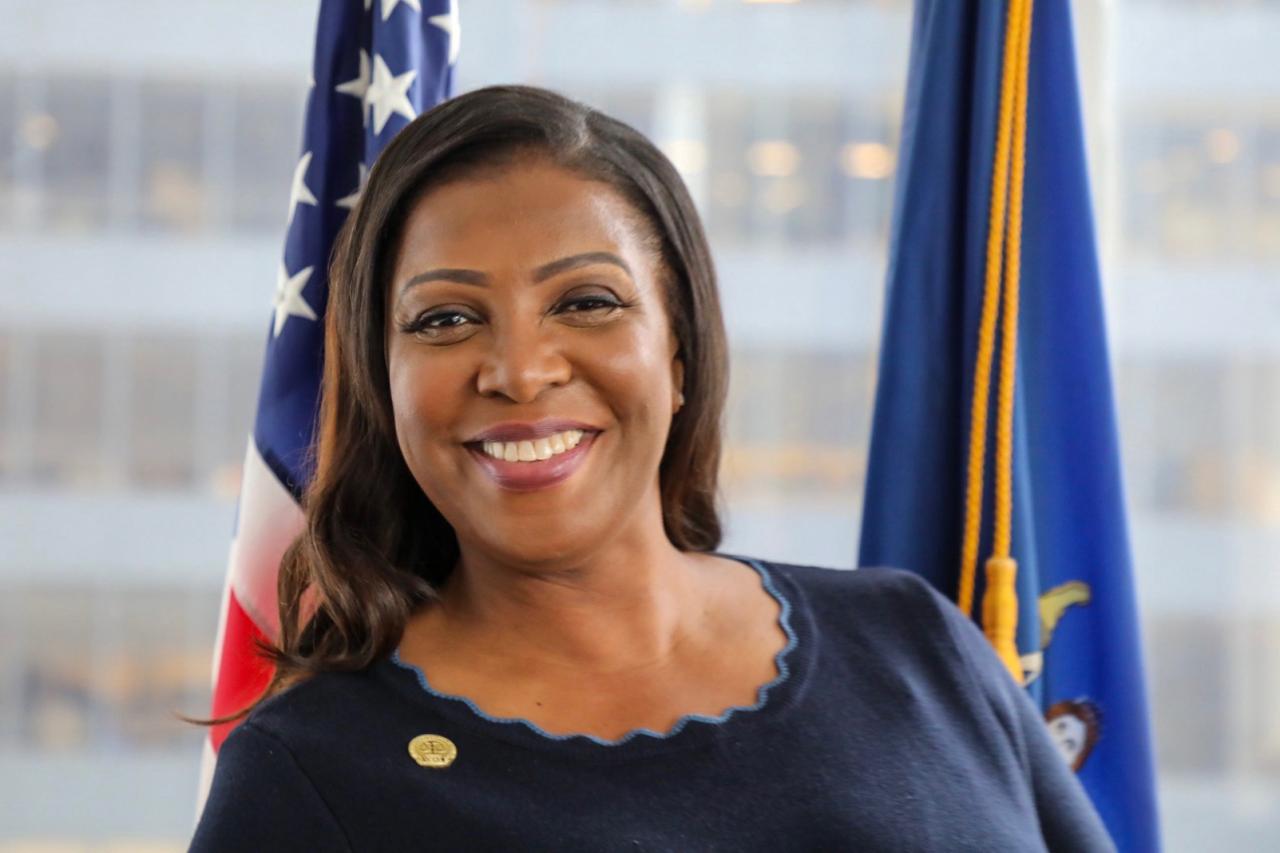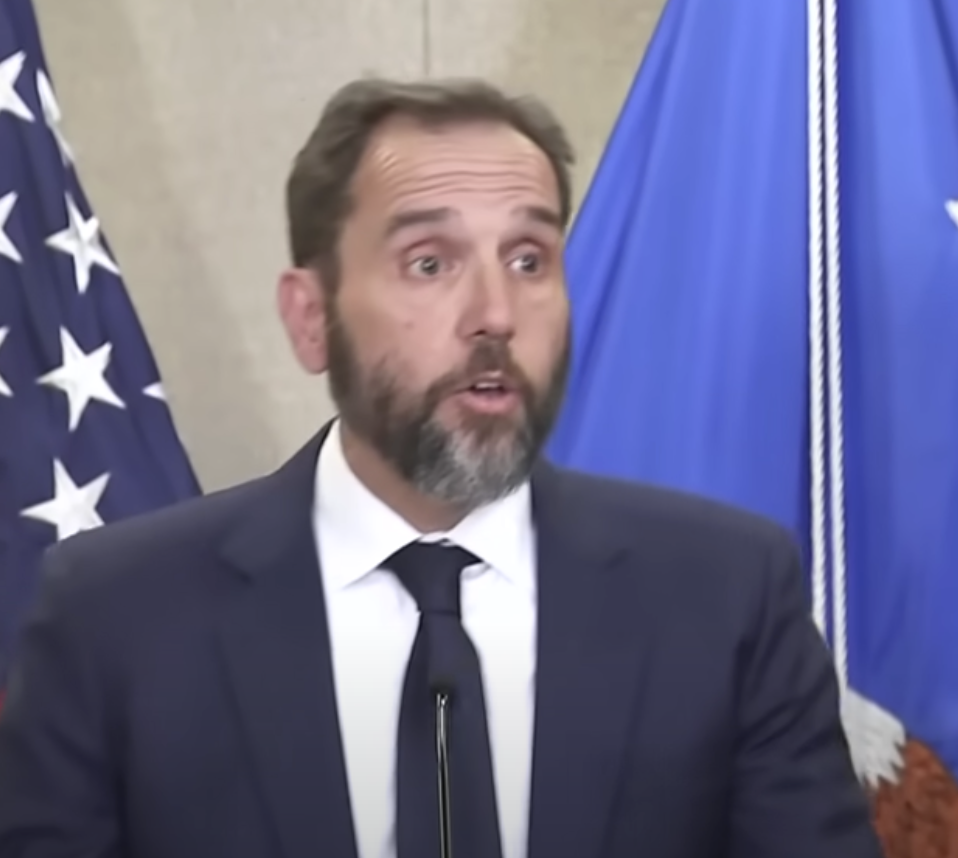
In a Jan. 5, 2012 Los Angeles Times article, reporter Amy Dawes asked Armie Hammer a series of questions regarding his role as the FBI’s Clyde Tolson in the movie “J. Edgar.”
In commenting on Tolson, Hammer is quoted by Ms. Dawes saying, in part:
“But he was also very smart and confident; he was a hotshot, and he could get away with things. Like putting on his FBI application that he had no interest in women — that was brazen, for back then.”
But Hammer didn’t just mention Tolson’s FBI application to the LA Times. He used the subject matter with others. For one example, in a November, 2011 interview with “New York Movies” reporter David Keeps quotes Hammer stating:
“Back then, to be publicly gay, you were done for. But even in his application to the FBI, Tolson said he had no interest in marrying or being with a woman,” Hammer says. “While not fully out, he knew who he was and almost embraced it.”
In reality, there wasn’t anything “brazen” about Tolson’s entry on his application as Hammer tells the LA Times. Furthermore, Tolson was not really embracing who he was as Hammer alleges.
That’s because Tolson didn’t write anything of the sort on his Bureau application. Tolson’s 1928 Bureau application which I have reviewed, and long available and on the internet since at least 2002, reveals there is no such wording as “no interest in women; no interest in marrying or being with a woman” as Hammer claims. In fact, there’s nothing even remotely close. In section nine of his application the only thing Tolson entered about his marital status at the time was that he was “Single.”
However, in the interest of “full disclosure,” although Tolson made no such statements, a further review of his background investigation does reveal an FBI interview with a “reference” listed by Tolson. That reference was one John Martyn, Executive Secretary for the Secretary Of War. The FBI interview of Martyn in 1928 reveals him mentioning what Hammer says were Tolson’s words. Martyn stated in part to Bureau agents:
“Mr. Martyn states it is his understanding that applicant is making his own way through school; that he has shown no particular interest in women; that his habits and associates have always been of the best.”
We know from reading the entire Martyn statement that Tolson’s drinking habits (of which he had none) are discussed within the same paragraph. (Report of SA C. D. White, Washington Field Office, 2/7/28, Vol. 2, serial 15 of Tolson’s released file)
It is well known that early FBI applicant investigations (much like today) covered four areas of concern; Character, Ability, Reputation and Qualifications. Public FBI documents reveal these exact four words being utilized in “form letter” communications directed from FBI headquarters to the Field with regard to agent applicant investigations and are readily seen in Tolson’s file.
Now that we know the truth as to the origin of “no particular interest in women,” the totality of the content and the investigative areas being discussed with Martyn, the phrase takes on a far different meaning than the one we’re expected to accept from Hammer.
Clearly, Martyn is discussing with Special Agent White (above) Tolson’s habits, associates, his drinking and the investigative questioning no doubt involved what type of women Tolson entertained. No doubt SA White was attempting to determine if Tolson had any particular interests in “certain women.” This line of questioning regarding Tolson’s “habits and associates” would have been consistent with Hoover’s demands for men of high moral standards.
Additionally, it’s worth mentioning that Tolson was employed by the War Department when he submitted his FBI application in 1928. As Martyn mentions, “he (Tolson) was putting himself through [law] school.” No doubt working full time, Tolson didn’t have much time for dating. Tolson’s application reveals that at the time of submission, he was studying for his LL.M academic degree at Georgetown University. ( background summary 2/23/28)
We now know that Hammer’s claims about what Tolson said on his application are wrong, but what about the insinuation the claims entail? From the context of that time-period, it is clear that Martyn was not making any allusions to Tolson’s sexual preferences. Had this been the case, it would have been immediately recognized by the interviewing agent and further questioning about Tolson’s sexuality issues would have been made for fear of him being a security risk inside the FBI.
Tolson’s file reflects there was no further questioning along those lines with Martyn or any of Tolson’s numerous personal references. Furthermore, it’s painfully obvious from Tolson’s file that those reviewing SA White’s report, including his Special Agent In-Charge and those at FBI headquarters, didn’t see Martyn’s comment as a reference to Tolson’s sexual preferences. If they had, it would have been a red flag to them and duly noted in the file.
Hammer’s claims about Tolson’s FBI application are without merit and a severe distortion of the historical record.
Copyright 2012, Larry E. Wack. Mr. Wack spent twenty eight years as a Special Agent with the FBI. Now retired, he researches the early Bureau and the “G-Men” of the 1930’s. Mr. Wack is not a spokesman for the FBI or the Society of Former Special Agents Of The FBI. The term “FBI” is utilized herein to maintain clarity although in 1928, its name was the “Bureau Of Investigation.”
Contact Info: Larry Wack can be contacted direct at: rypublish@verizon.net
A website on his research, above, is maintained at: http://historicalgmen.squarespace.com





Well done, Larry.
Unfortunately, the glitterati are rarely interested in the truth as it seldom helps their cause–which, in this case, is to fill theaters with moviegoers.
Similarly, today’s “news media” has been reduced to a mere shell of its former presence in both import and effect. That a real reporter would challenge this movie’s salacious innuendo is to hope for a return to civil public discourse absent F-bombs. Keep dreaming.
So it falls, mostly, to a cadre of retired FBI employees–or groupies–to ensure that these kinds of gross misrepresentations of JEH or Tolson do not go unchallenged.
One can only wonder, as that cohort ages and, eventually, moves on if any of the current FBI employees will fill that inevitable void?
In the meantime, watch the borders.